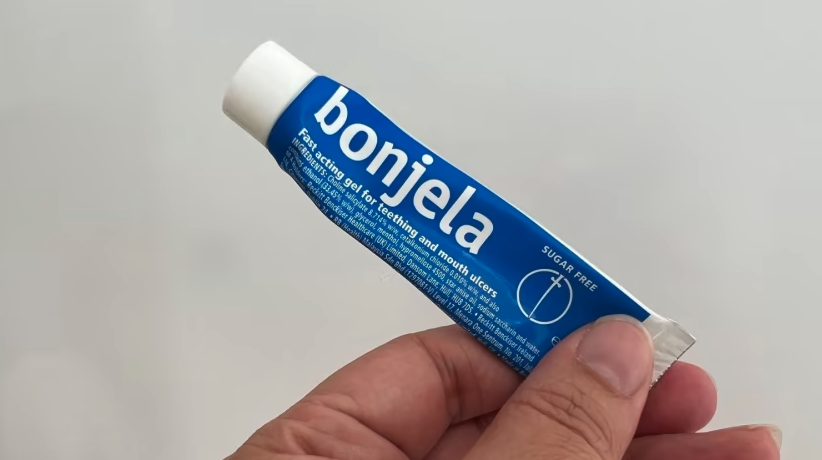Breathalyzer tests are commonly used to measure the blood alcohol content (BAC) of individuals who are suspected of drunk driving. However, various substances, including medications, can interfere with the accuracy of these tests. One such substance is Bonjela oral gel, a popular over-the-counter medication used to treat mouth ulcers and other oral injuries.
Bonjela oral gel contains a local anesthetic called benzocaine, which can cause a false positive on a breathalyzer test. When this gel is applied to the mouth or gums, it can produce alcohol-like vapors that can be detected by a breathalyzer, leading to a higher BAC reading. This can result in an individual being wrongly accused of drunk driving, even if they have not consumed any alcohol. However, it is important to note that the effect of Bonjela oral gel on breathalyzer test results is not permanent and usually wears off within a few hours after application.
In recent news in Singapore, a man faced a charge of drink driving after nearly hitting a pedestrian in a car park. He claimed that the reading from the breathalyser test was skewed due to his use of Bonjela oral gel for treating mouth ulcers. Despite his argument, he was convicted and sentenced to three weeks in jail, a fine of S$6,000, and a four-year driving ban. He appealed the conviction and sentence, remaining on bail.
The prosecution’s case outlined that he consumed beer at a pub on the evening of June 13, 2019. Early the next day, he parked his van in an open-air car park and almost hit a passerby, which led to an argument and police intervention. The officers noticed the smell of alcohol on Tham, and he failed both mobile and stationary breathalyser tests. Tham attributed his high alcohol reading to Bonjela gel use to alleviate mouth ulcer pain.
His defense argued that his consumption of alcohol was minimal and that the Bonjela gel’s application was responsible for the elevated breathalyser reading. An expert witness for the defense demonstrated that the gel could affect breath alcohol concentration, while the prosecution’s expert suggested that the amount of alcohol introduced by the gel would not substantially impact the reading. Ultimately, the judge found his defense lacking credibility and upheld the conviction, considering him a repeat drink driver deserving of enhanced punishment due to a previous conviction in 2016.
Source:
Channel News Asia
PDF
